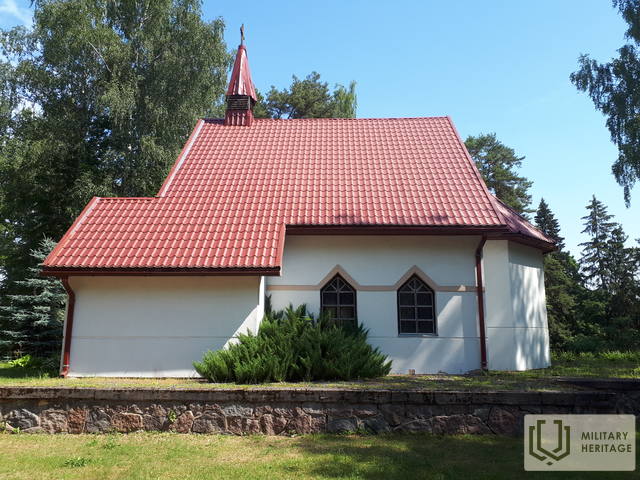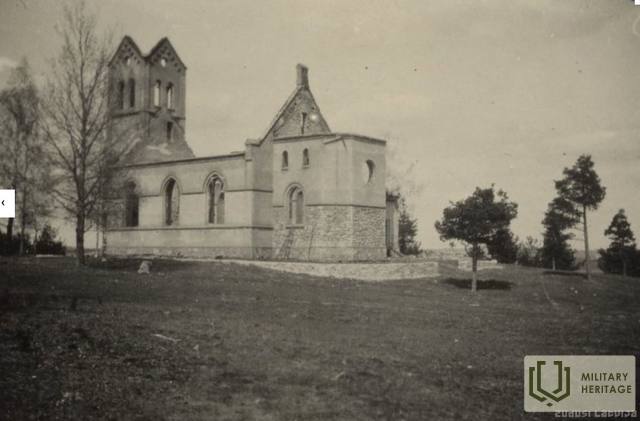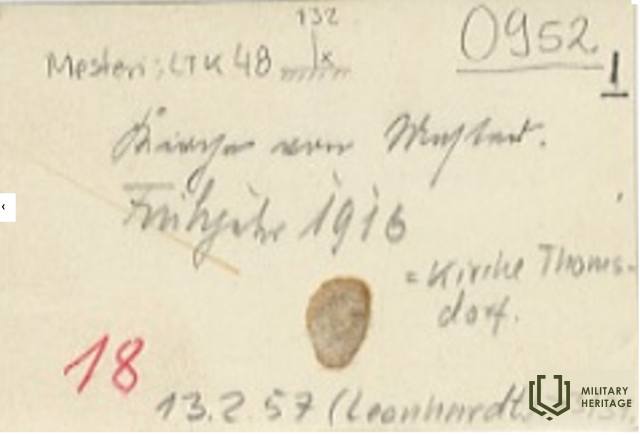Tomes Evangelical Lutheran Church Mūšio vieta

The first known church was built in Tome in 1644. 1907 - 1908 instead of a wooden building, a stone church was built with Baron Schilling's money. 1956 the church was demolished and a kolkhoz chicken farm was built from its stones. The church visible today, which is located between the former Tomes elementary school (the school was closed after the school reform, the Ķegum County Museum was established there) and the Tomes cemetery, was built between 1999 and 2003. at the initiative of the Deer Family (USA). The current altarpiece was painted by Sandijs Greiškans from Kegu, after Ata Grunde in 1932. photos of the made altarpiece. The organ was donated to the church by the Lutheran congregation from Sweden.
A photo can be found in "Lost Latvia" of the National Library of Latvia (LNB) showing Tomas Church during the First World War after its destruction in 1916. The Tomes elementary school next to the church also suffered in the battles of the same year.
"Latvijas Kareivī" issue 147 of 1938 contains the article "On the towns and villages of the native land", which mentions the church of Tomes: "Further on, the road leads past the church of Tomes, which in 1916 destroyed by the Russians, thinking that there was a German observation post there. There is a small congregation - around 250 members - in 1922. with great energy started to restore the church and within 10 years built a new tower and an altar with an altarpiece by the artist Grunde. Now the church with its white walls, brown window and door frames and neat interior leaves a pleasant impression".
Panaudoti šaltiniai ir literatūra:
1. Ķegumas county, www.kegumanovads.lv
2. LNB "Zudusī Latvija", www.zudusilatvija.lv
3. LNB "Periodika", "Latvijas Kareivis" 07/05/1938, number 147
4. http://tomes-luteranu-baznica.dzitenite.lv/
Susijusi istorija
Gyvenimas Antrojo pasaulinio karo metais Kegumo pusėje
Prisiminimai apie dabar tolimą karališkąją epochą mirga. Vyresniajai kartai tai primintų jų pačių išgyvenimus, o jaunesnei kartai tai gali nuobodžiauti.













